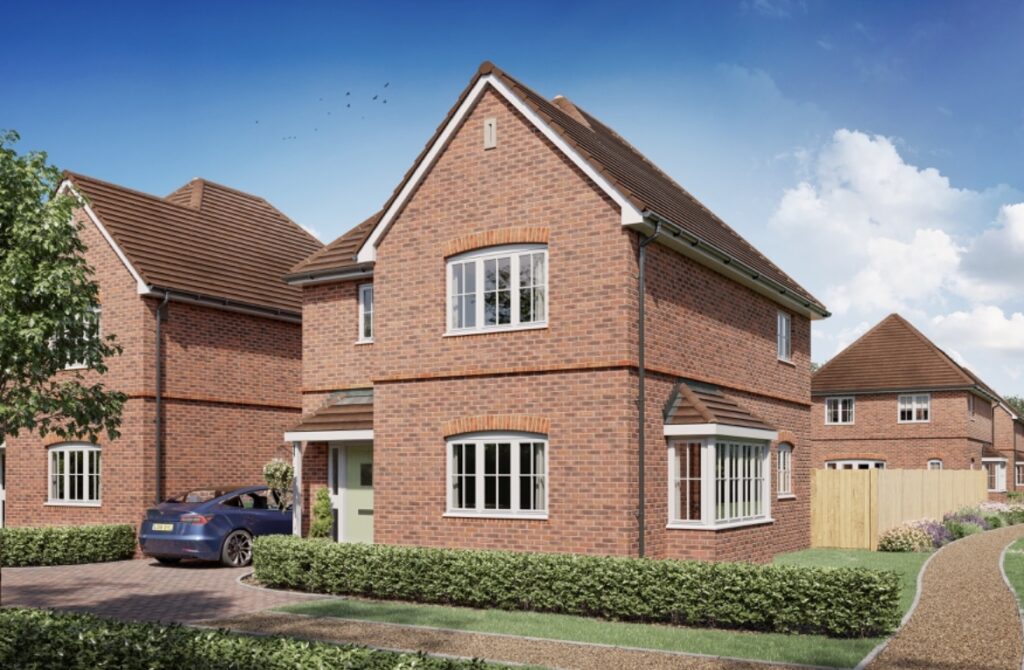Is the property market ready to slow down?

The property market continues to break barriers with UK house prices hitting a new record. The average asking price has surged to £360,101 – representing a £19,082 increase over the past three months. Alongside this, 53% of properties are selling at or over their final advertised asking price. This continued rise, combined with rising interest rates and inflation, have created uncertainty in terms of when the UK property market will slow down.
The persistent growth of house prices can be attributed, mainly, to the shortage of homes for sale. The supply and demand levels remain unbalanced with buyer inquiries 65% above the levels of 2019. Because of this, the average cost of a property increased by 1.1% in April marking the 10th consecutive monthly rise. However, the rate of growth is slowing with April’s rise down on the 1.4% increase in March according to Halifax’s monthly property index.
The constant increase in house prices is caused by demand – coming from people who have cash or property offers to spend. The index from Halifax showed that housing transactions and mortgage approvals remain above pre-pandemic levels and the continued rise in new buyer inquiries suggests activity will remain high. This indicates that there is still a reasonable amount of liquidity in the property market but external factors including rising interest rates and the increased cost of living have the power to cause a slowdown in the UK property market.
David Hannah, Group Chairman at Cornerstone Tax discusses if the property market is ready to slow down:
“I think we will inevitably see a slow down in the property market, but it won’t be as substantial as some people think. If we look at what has been going on – house price growth, retail inflation, energy costs surging, that’s going to put pressure on employers to raise wages. I believe wages will rise, meaning real spending power will not actually decrease. If you borrow a hundred thousand pounds today, the fixed figure of one hundred thousand pounds doesn’t rise in line with inflation. So, in five years time that debt is probably worth half what it is today. In high inflationary times with relatively low interest rates, it makes sense to borrow. The debt is being eroded by inflation, whereas the value of the asset (the house) is actually going up in line or ahead of inflation. It’s a way to make real returns.
“The problem we do have is the rate of demand and supply. If builders are building and they’re over supplying, it will soften the increase and the appreciation in asset value. But, if the number of people wanting to buy houses continues to exceed the supply, then those prices are going to rise.
“We have an open market in the UK which means not only are domestic purchasers and investors looking to buy, but we also have inbound investors and a number of people relocating to the UK. Overall, I expect demand for UK housing to continue to outstrip supply – pushing price increases ahead of inflation and provided wages are increased, the affordability of housing will stay in lockstep.”




